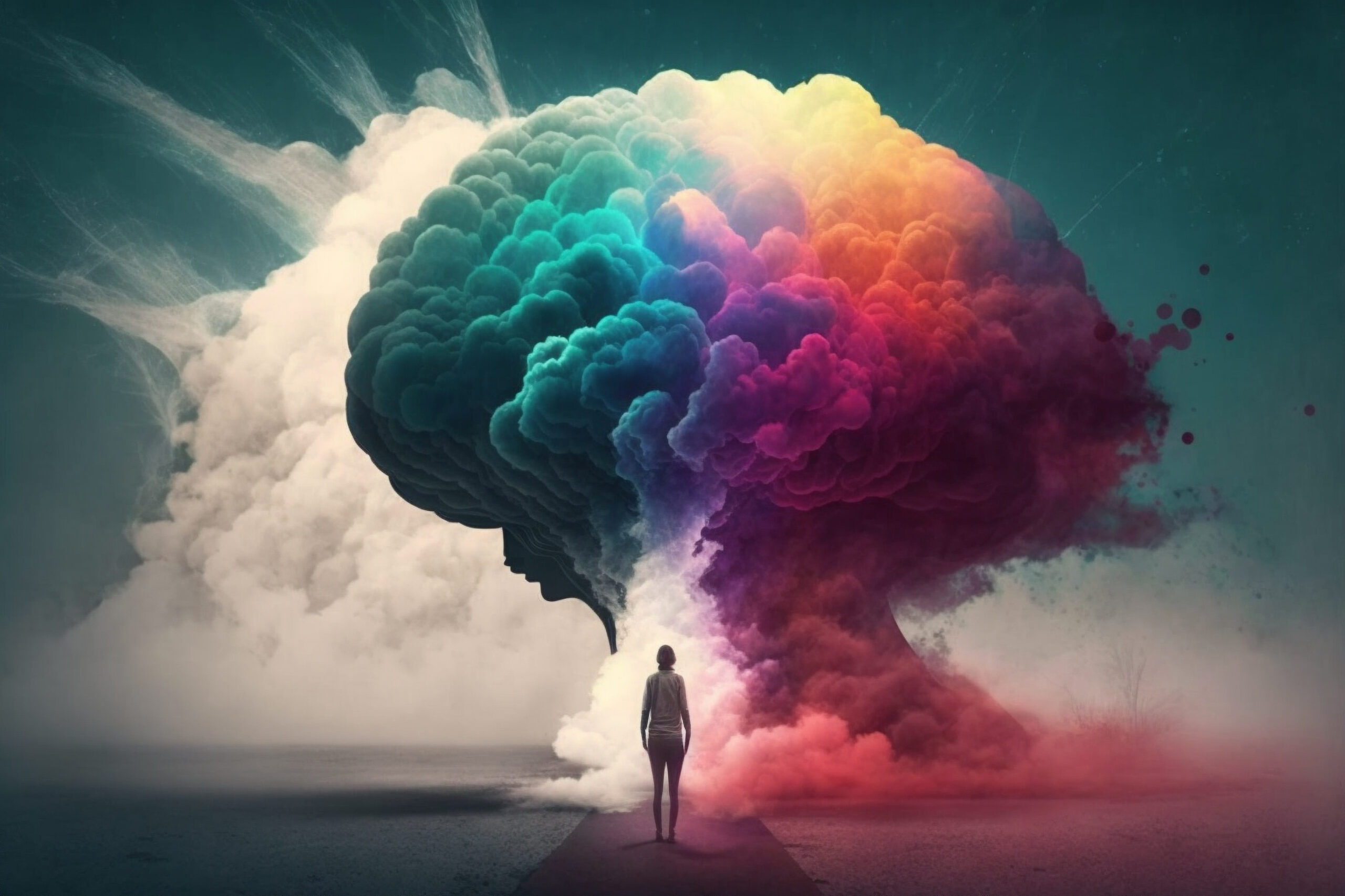Understanding ADHD in the Context of Relationships
Living with ADHD can present unique challenges, especially when it comes to relationships. At Be Well Therapy Group we have witnessed firsthand the impact it can have on individuals and their loved ones. In this article, we will explore the complexities of ADHD and how it can affect relationships, as well as strategies for navigating these challenges with compassion and empathy.
The Impact of ADHD Symptoms on Relationships
One of the key aspects of ADHD is difficulty with attention and impulse control. This can manifest in a variety of ways, such as forgetfulness, impulsivity, and difficulty following through on tasks. In the context of relationships, it’s possible that these symptoms can create frustration and misunderstanding, however once they become understood by the other person, relationships in which one person has ADHD can thrive.
Another common challenge is hyperfocus, which is the ability to become intensely focused on a task or activity to the exclusion of everything else. While this can be a strength in certain situations, it can also lead to difficulties in relationships. For example, a partner with ADHD might become so into a project that they neglect their partner’s needs or fail to notice important cues in the relationship.
Communication Challenges and Strategies
Communication can also be a challenge in relationships involving ADHD. Impulsivity can lead to saying things without thinking, which can be hurtful or damaging to the relationship. Additionally, the fast-paced nature of ADHD thinking can make it difficult to follow conversations or stay on topic, leading to misunderstandings or frustration.
Despite these challenges, it is important to remember that ADHD is a neurodevelopmental disorder, not a character flaw. People with ADHD are not intentionally trying to be forgetful or inattentive – these behaviors are a result of differences in brain functioning. Approaching the challenges of ADHD in relationships with compassion and empathy is crucial.
Strategies for Managing ADHD in Relationships
One of the most effective strategies for managing ADHD in relationships is education and understanding. Both partners can benefit from learning about ADHD and how it affects behavior and communication. Understanding that certain behaviors are a result of ADHD, rather than intentional actions, can help reduce feelings of frustration and resentment.
Creating structure and routine can also be beneficial. This can help both partners know what to expect and reduce the likelihood of forgotten commitments or misunderstandings. Using tools such as calendars, reminders, and to-do lists can be helpful in staying organized and on track.
Furthermore, communication skills are also crucial in managing ADHD in relationships. Both partners should strive to be patient and understanding with each other. Using clear and direct communication can help prevent misunderstandings. Additionally, practicing active listening and repeating back what the other person has said can help ensure that both partners are on the same page.
Seeking Support and Taking Care of Yourself
It is also important for both partners to take care of themselves and seek support when needed. Managing ADHD can be challenging, and it is okay to ask for help. Therapy can be a valuable resource for individuals with ADHD and their partners, providing a safe space to discuss challenges and learn healthy relational strategies.
